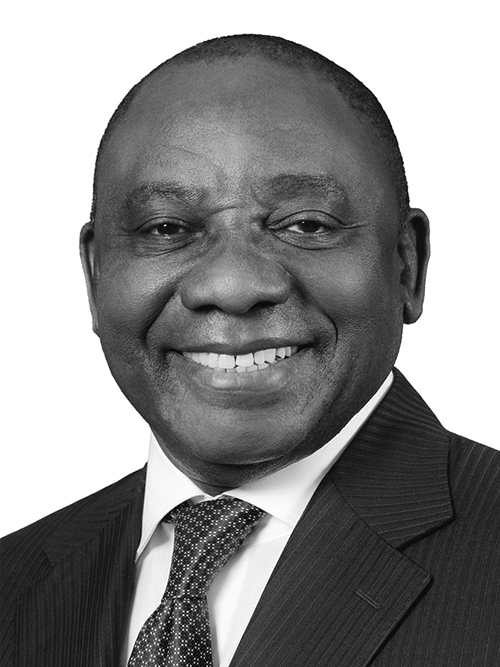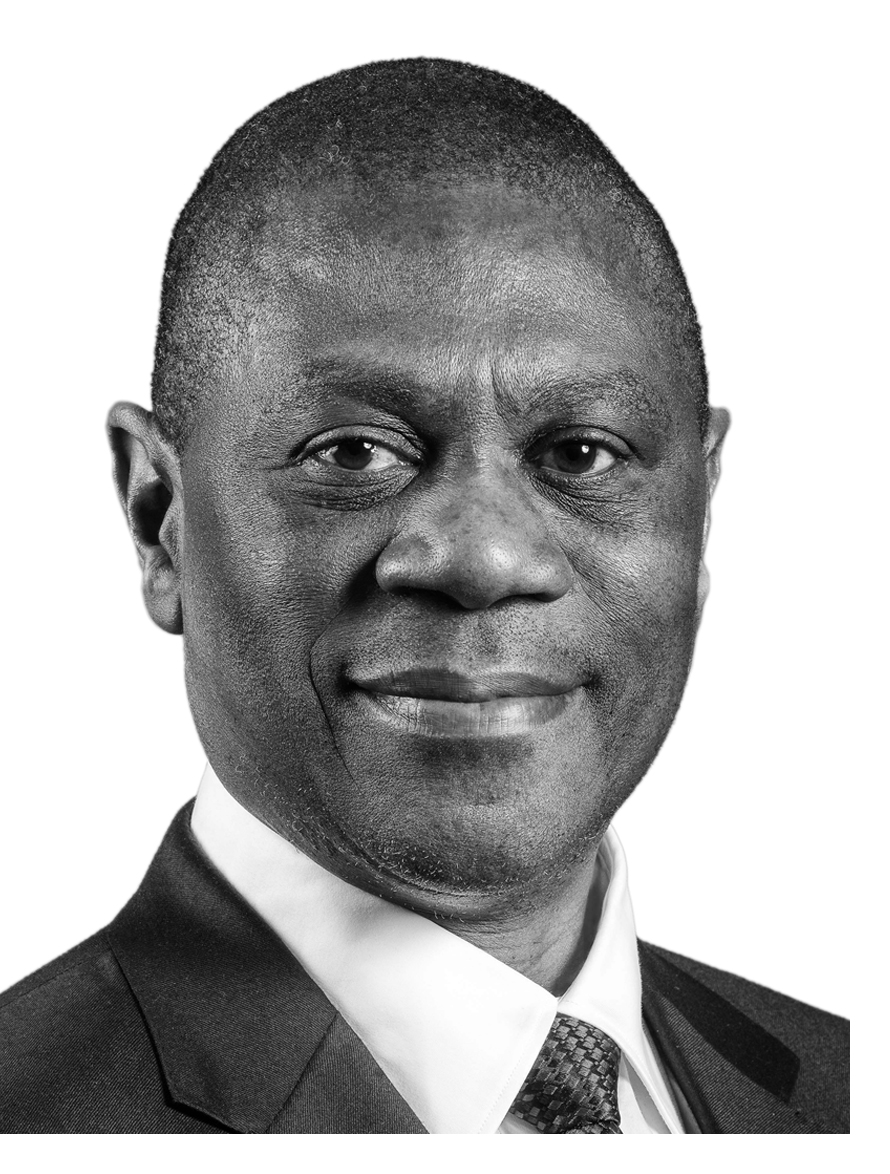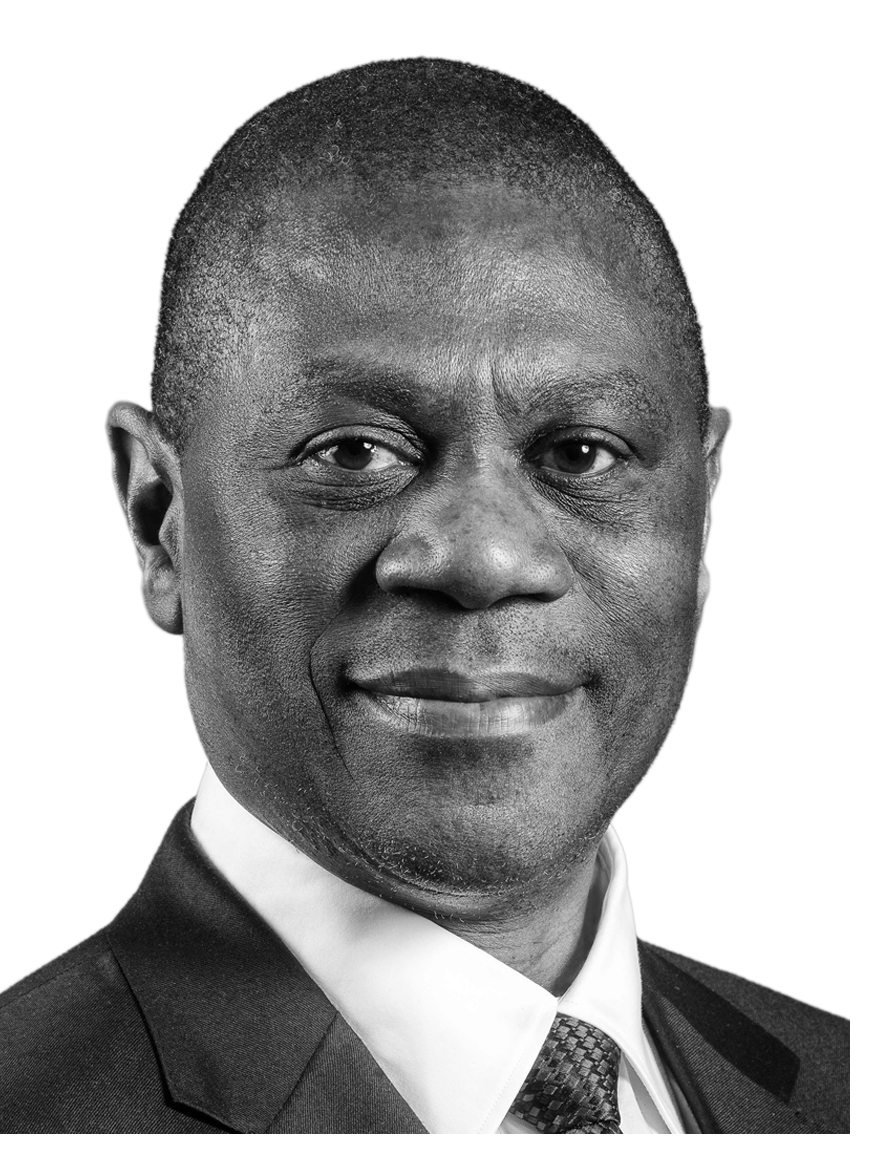Programme Director;
Minister of Trade, Industry and Competition, Mr Parks Tau;
Ministers;
Ambassadors;
Business and industry leaders;
Distinguished guests;
Ladies and gentlemen;
It is a privilege to deliver these keynote remarks at a forum that heralds the next chapter of the South Africa–Japan partnership.
This next chapter is grounded in shared ideals of innovation, resilience and inclusive prosperity.
This year marks 115 years of relations between South Africa and Japan.
It is an opportune time to strengthen our long standing economic relationship.
The recent tariff decisions by the United States have tested South Africa’s reliance on historical markets.
Our government has swiftly activated diversification strategies, including the re-establishment of trade offices and assistance desks.
Japan is a key pillar in our outreach.
Prime Minister Ishiba’s recent remarks on Japan’s willingness to adjust tariffs for strained partners signal an alignment that could underpin deeper bilateral tariff cooperation.
This business forum provides a great opportunity to focus on what we have done so far, the opportunities between both our countries, and how we can tap into the benefits for a deeper partnership going forward.
There are immense opportunities for South Africa and Japan to collaborate on integrated supply chains within strategic sectors, such as battery minerals, automotive components, renewable energy equipment and hydrogen technologies.
This would enhance mutual resilience to external trade disruptions.
Japan is one of South Africa's major economic partners and an important source of investment.
South Africa’s exports to Japan are dominated by minerals such as platinum, coal, manganese, titanium and iron ore.
Japan is South Africa’s most important trading partners in construction, manufacturing and technology.
South African agricultural products currently found in the Japanese market include Rooibos tea, Appletiser juices, citrus, wine, avocados, butternut and maize.
South Africa is a top-tier global agricultural exporter, with strong sanitary and phytosanitary standards and traceability systems, with a growing range of niche, high-value products.
Globally, we are ranked the number one exporter of Rooibos tea, the number one exporter of macadamia nuts, the second largest exporter of fresh citrus and the fifth largest exporter by volume of wine.
South Africa is a leading global supplier of strategic and industrial minerals used in Japan’s green tech industries.
We are world leaders in the supply of platinum group metals and manganese. We are in the top five of vanadium producers and have untapped potential in rare earths.
South African exports automotive components to Japanese auto manufacturers across global supply chains, chemicals and polymers, and stainless steel and fabricated metal products.
Our products are not only export-ready but uniquely positioned to meet evolving Japanese consumer and industrial demands.
Over 270 Japanese companies have a notable presence in the South African economy, sustaining over 200,000 local jobs.
Our strategic position on the African continent, our developed infrastructure and active private sector make South Africa a strong base for regional expansion.
We are on a path to revolutionise our energy sector in pursuit of low-carbon, climate resilient development.
We are actively seeking investment in the energy sector with a particular focus on renewables and green hydrogen.
South Africa is one of the most cost-effective hydrogen producers globally.
We have introduced policies to promote the development of the electric vehicle industry in South Africa.
We invite co-investment on manganese, vanadium, platinum group metals and rare earths beneficiation aimed at the clean energy and mobility markets.
Investments in AI agriculture, diagnostics, cloud services and pharmaceutical manufacturing will serve both domestic and African demand.
South Africa’s economic recovery, renewal and expansion is being driven by a massive rollout of investment in energy, water, road, rail, port, telecommunication, digital and social infrastructure.
Through this, we are expanding economic capacity and improving efficiencies.
We are improving policy certainty and have adequate investment protection mechanisms to reduce risks for prospective investors and existing industry players.
We are committed to taking advantage of intra-Africa trade and financial cooperation through the African Continental Free Trade Area.
Under the African Continental Free Trade Area, South Africa is positioning itself as a continental industrial hub, both in manufacturing and innovation.
We invite Japanese companies to co-invest in value chains anchored in South Africa that serve the continental market of 1.4 billion people.
South Africa is firmly behind the African Union’s economic priorities, particularly infrastructure connectivity, climate adaptation and industrialisation.
We are also chairing key forums in the G20 and G7 outreach that focus on critical minerals, climate finance and industrial resilience.
South Africa and Japan can jointly advocate for rules-based global systems that support fair trade, sustainable investment and value chain integration.
Together, we will be able to build industrial corridors in electric vehicles, hydrogen and digital innovation.
We should strengthen trading platforms for agricultural products, minerals and health goods.
And we should harmonise tariff and regulatory frameworks to incentivise location of high-value manufacturing.
We must work to translate our friendship into industrial and human development, with South Africa serving as a gateway to Africa.
South Africa is ready to partner with Japan in achieving durable, innovation-driven African economic development.
I encourage Japanese businesses to work together to seize the abundant opportunities that South Africa has to offer.
I wish you all well in the deliberations going forward.
I thank you.
Menu










